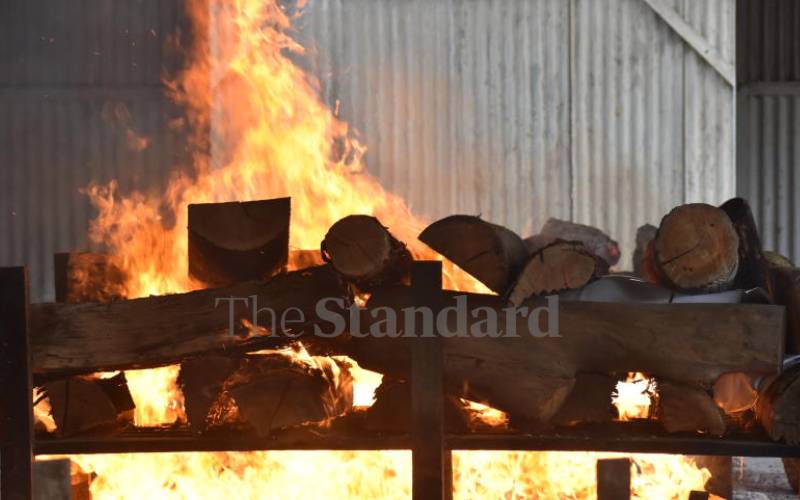×
The Standard e-Paper
Fearless, Trusted News

For Christians, any act that deliberately “desecrates” the body is considered utterly abhorrent. [Samson Wire, Standard]
Africa has recently mourned the passing of a great religious icon – the renowned South African Archbishop Desmond Tutu. Soon after we lost yet another global icon – Richard Leakey, the highly respected Kenyan palaeontologist.